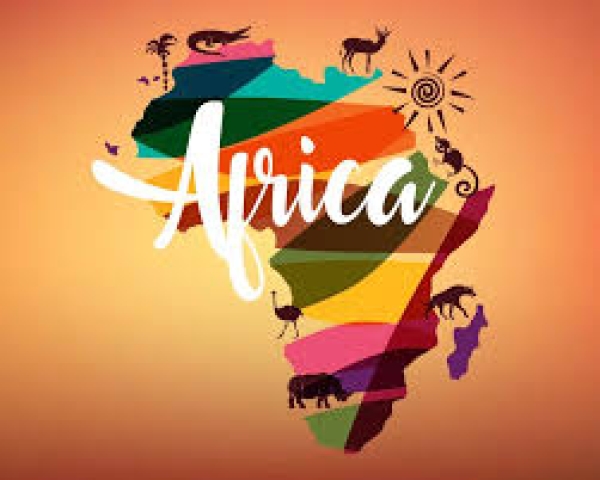Africa’s linguistic landscape is a treasure trove of culture and heritage and African languages are as diverse and colourful as the continent itself. They carry history, culture, and identity, connecting millions of people.
Over 2,000 African languages are spoken across its 54 countries. Among these, several languages stand out for their widespread use, cultural importance, and fascinating histories.
Here are ten of Africa’s most prominent languages and their unique stories.
Swahili is one of the leading African languages, spoken by 100 to 150 million people. It is a Bantu language and the official language in Tanzania, Uganda, Kenya, and the Democratic Republic of Congo (DRC). Swahili is also spoken in Ethiopia, Sudan, Burundi, Rwanda, Somalia, northern Mozambique, and the Comoros Islands.
Swahili developed along the East African coast through trade, influenced by Arabic due to contact with Arab traders. Today, it is celebrated in music, literature, and education, bringing people together across diverse cultures.
Arabic
Arabic is spoken by over 150 million Africans. It is a key language in North Africa, including Algeria, Egypt, Sudan, and Tunisia. Its many dialects add to its richness.
Arabic is the sacred language of the Quran and is central to Islamic traditions. It has shaped African literature, philosophy, and science, making it a significant cultural force.
French
French, a legacy of colonial history, is spoken by about 90 million Africans. It is the official language in 26 countries, such as Côte d’Ivoire, Senegal, and the DRC. French is widely used in business, education, and government.
French has blended with African cultures, creating unique versions like Cameroonian and Ivorian French. This adaptation makes it a vital communication bridge across Africa and the world.
Hausa
Hausa is an Afroasiatic language spoken by over 40 million people. It is widely used in Nigeria, Niger, Ghana, and Cameroon. Hausa serves as a trade and media language across West Africa.
Hausa has a rich oral tradition of storytelling and poetry. It is written in both Arabic (Ajami) and Latin-based script. Hausa is found in radio broadcasts, markets, and daily interactions.
Yoruba
Yoruba is spoken by over 30 million people in Nigeria, Benin, and Togo. It is a Niger-Congo language with more than 15 dialects. Yoruba is deeply connected to the culture and spirituality of its people.
Known for proverbs, folktales, and poetry, Yoruba is also the language of Ifá, a UNESCO-recognised divination system. It continues to inspire art and tradition.
Oromo
Oromo is a Cushitic language spoken by around 30 million people. It is mainly used in Ethiopia and parts of Kenya, Somalia, and Egypt. Oromo is the most widely spoken language in Ethiopia, representing over 40% of the population.
Although once suppressed, Oromo has regained prominence and is now written in a Latin-based script. It embodies the rich history and identity of the Oromo people.
Igbo
About 20 million people speak Igbo, mainly in Nigeria. It is a Niger-Congo language with over 20 dialects and a tonal structure.
The Igbo people are known for their entrepreneurial spirit. Their language thrives in literature and film. Writers like Chinua Achebe have brought Igbo culture to a global audience.
Amharic
Amharic, spoken by over 32 million people, is Ethiopia’s official language. It is the second most spoken Semitic language after Arabic. Amharic uses the unique Ge’ez script.
Amharic has been central to Ethiopian governance, education, and literature for centuries. It reflects Ethiopia’s resilience and history of resisting colonisation.
Zulu
Zulu is a Bantu language with click sounds, spoken by over 10 million people. It is one of South Africa’s 11 official languages. Zulu’s oral tradition includes praise poetry, folktales, and songs.
Zulu gained international recognition through music and film, thanks to icons like Ladysmith Black Mambazo. It is a language of strength and storytelling.
Shona
Shona is spoken by about 10 million people in Zimbabwe, Mozambique, and Zambia. It is a Bantu language with a strong tradition of storytelling and song.
Shona shows Zimbabwean culture through proverbs and literature. Its use in modern music and books keeps it vibrant and cherished.


